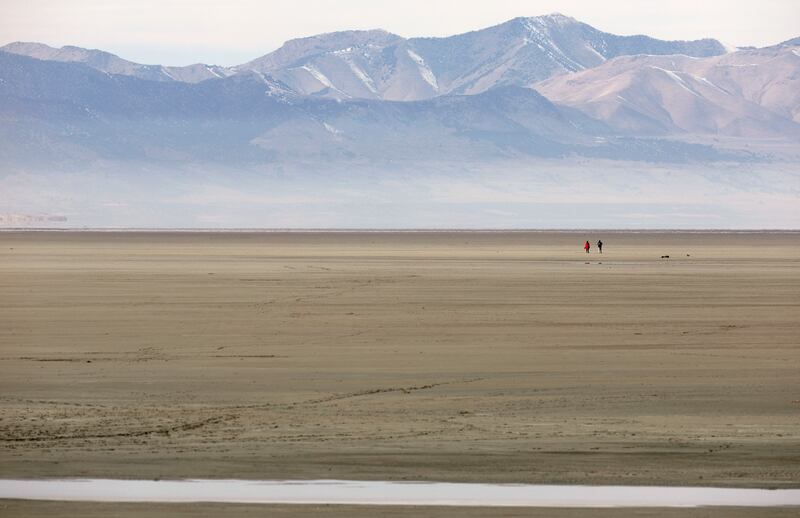I’m heartened that the United States has rejoined the Paris climate agreement, where it can provide leadership on a vital issue that requires global cooperation.
President Joe Biden’s move, however, has been criticized by many Republicans. A common talking point is that China is the greatest current emitter and the largest consumer of coal.
A 2020 article in the Washington Examiner, “China coal additions are key source of emissions, and America is doing almost nothing about it,” offers a variety of strategies for influencing China’s climate policies. One suggestion is for the U.S. to increase its funding of clean energy in the developing world, thus challenging China’s coal-intensive investments in those nations. Another is to create incentives that would lower the cost of carbon capture technology to make it more attractive to China.
About half of the carbon dioxide we emit stays in the atmosphere for centuries or more. As a result, global temperature increases are a direct function of cumulative emissions. Notably, the United States is the greatest cumulative emitter, with twice the historical emissions of second place China.
And as the world’s most significant emitter, the U.S. bears a special responsibility to take action to address the climate crisis.
Terry Hansen
Hales Corner, Wisconsin

